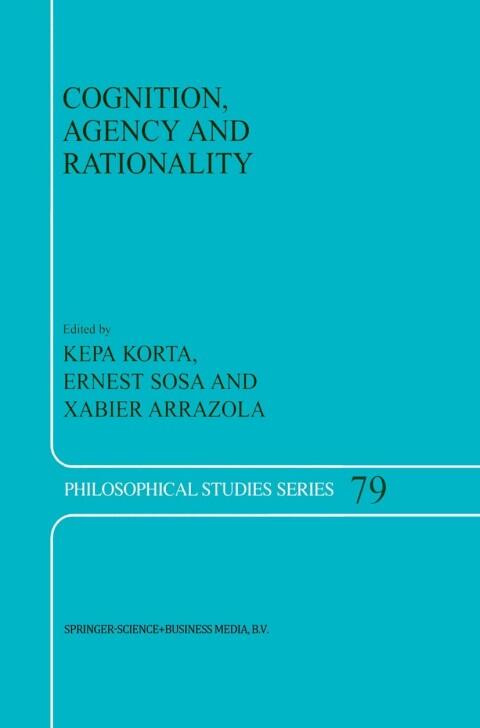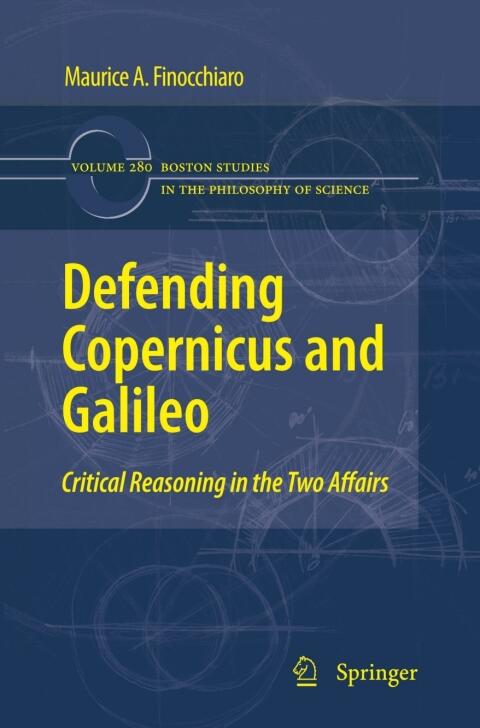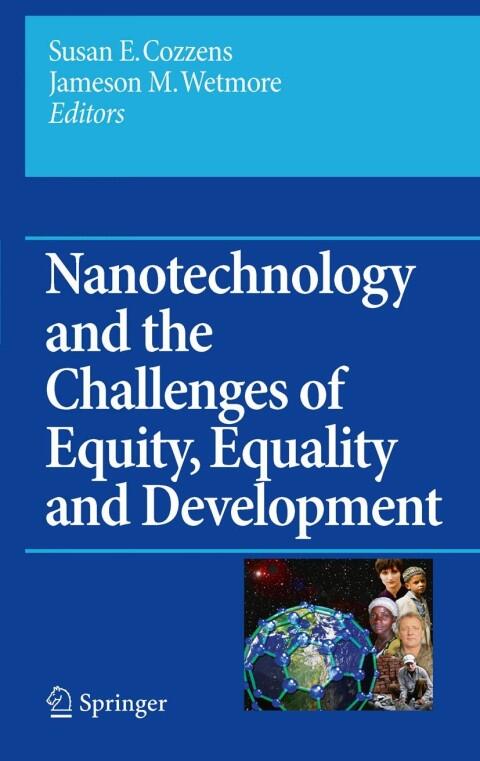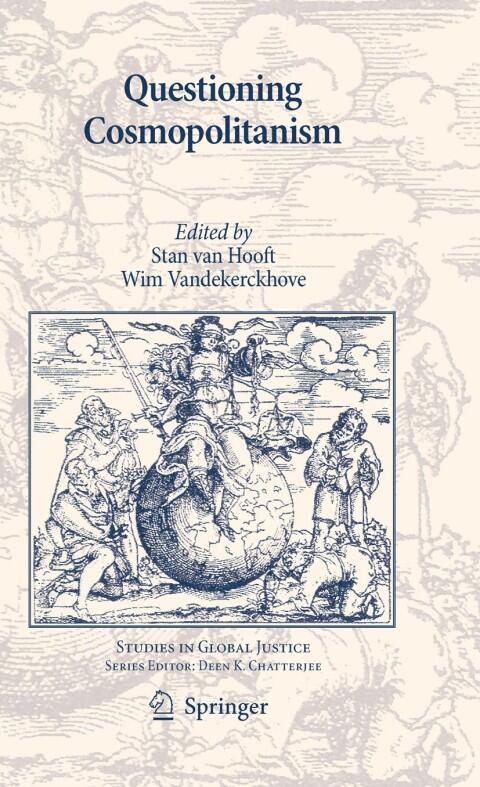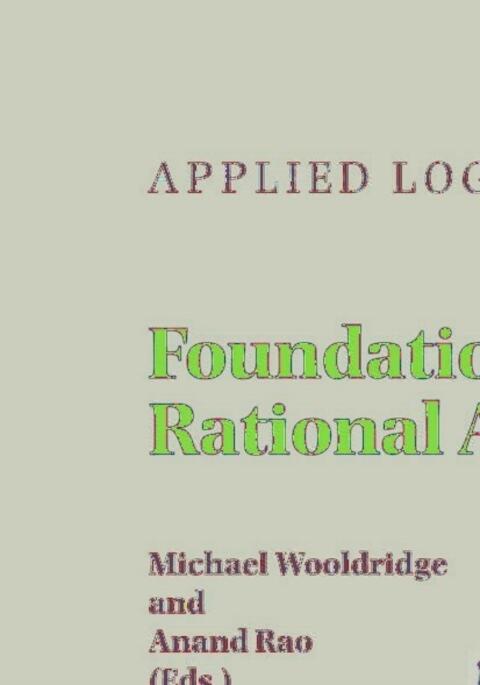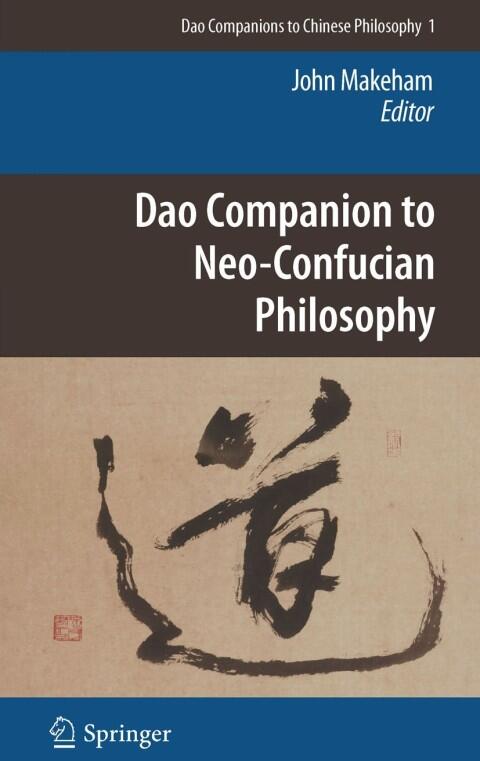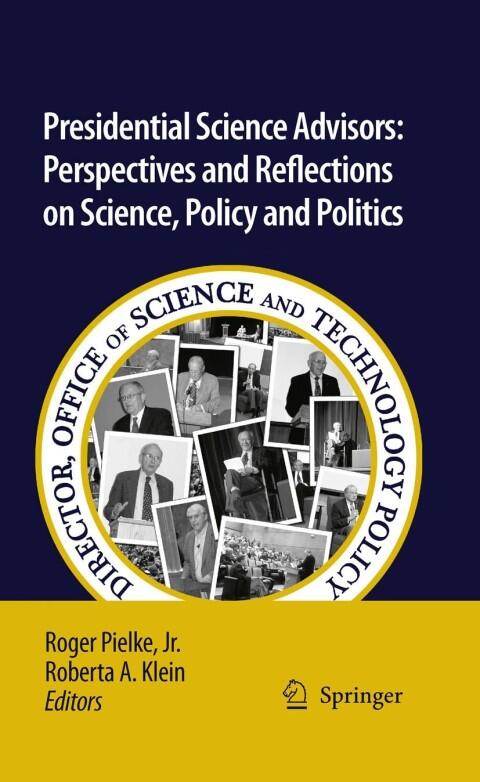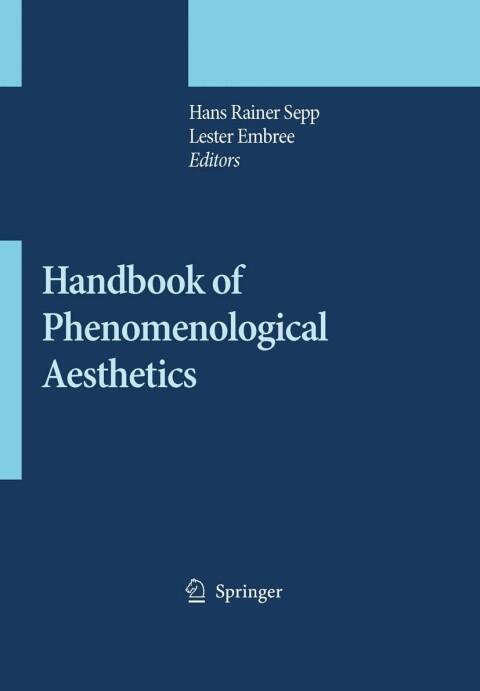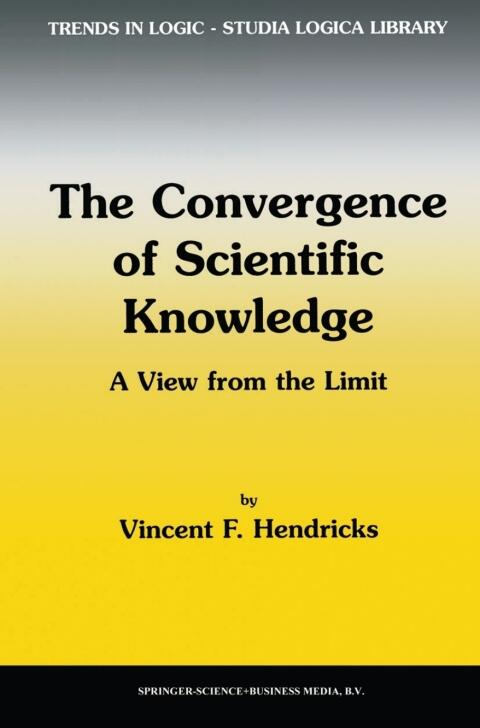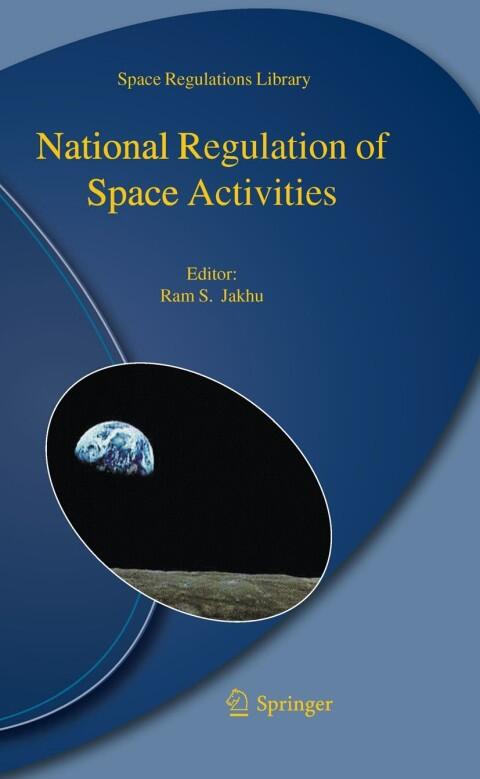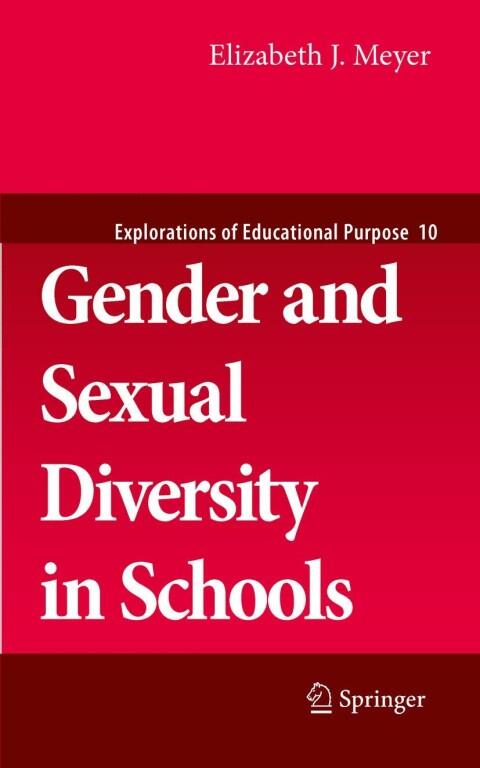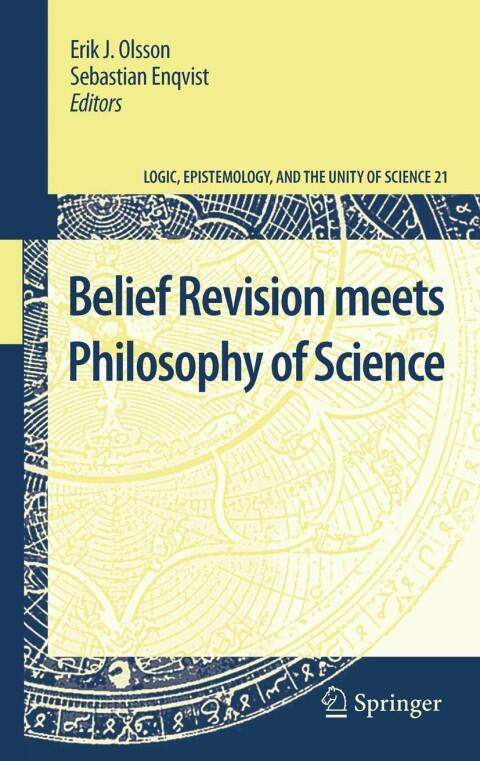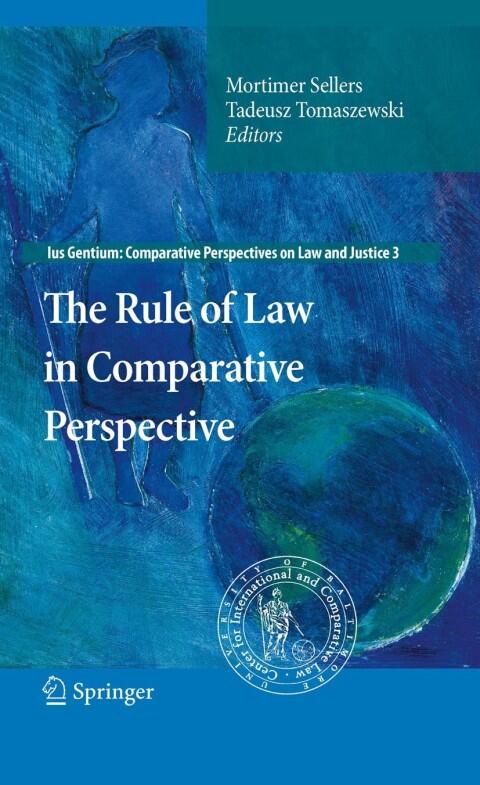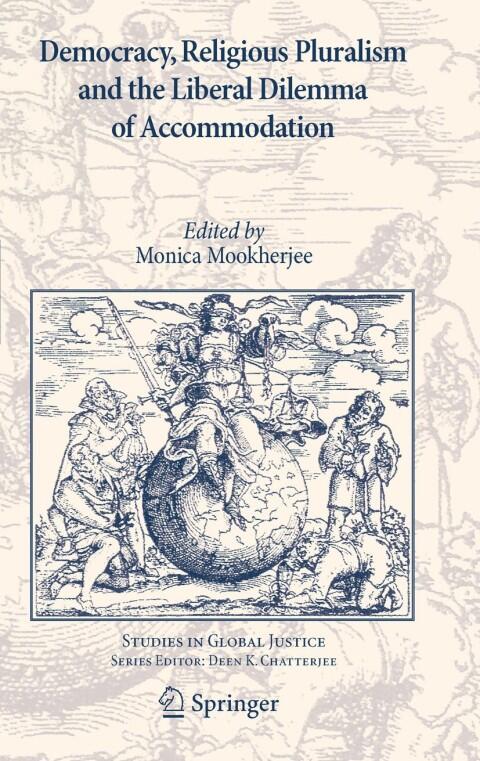
Democracy, Religious Pluralism and the Liberal Dilemma of Accommodation
بواسطة
Max Wolfsberg; W. Alexander Van Hook; Piotr Paneth; Luís Paulo N. Rebelo
لا توجد تقييمات بعد
Philosophy
تنسيق
كيندل
صفحات
202
لغة
الهولندية، الفلمنكية
منشور
Jan 1, 2010
الناشر
Springer
الطبعة
2011
رقم ISBN-10
9048190177
رقم ISBN-13
9789048190171
الوصف
In a world increasingly shaped by diverse religious beliefs, the challenge for liberal democracies lies in effectively accommodating this pluralism while upholding their core principles. The authors delve into the complexities of balancing the rights and values of religious citizens with the overarching ideals of democracy and liberalism. They explore various frameworks that have been employed to navigate these tensions, highlighting both the successes and failures of different approaches across different nations.
Through a mix of theoretical analysis and case studies, the work presents a comprehensive examination of the liberal dilemma surrounding religious accommodation. The authors argue that merely recognizing the existence of diverse religious perspectives is insufficient; governments must actively engage with these beliefs in a way that fosters inclusion and respect while maintaining a cohesive societal framework.
The dialogue extends beyond legal considerations, probing into the moral and ethical implications of accommodating religious differences. By encouraging a nuanced understanding of how public policies can reflect and respect this diversity, the book ultimately seeks to contribute to a more harmonious society where differences are acknowledged rather than suppressed.
This exploration not only benefits policymakers but also offers insights for scholars interested in the intersection of religion, politics, and societal transformation. Readers are invited to consider how democracy can thrive in an environment marked by religious pluralism and what it means for the future of governance in an evolving global landscape.
Through a mix of theoretical analysis and case studies, the work presents a comprehensive examination of the liberal dilemma surrounding religious accommodation. The authors argue that merely recognizing the existence of diverse religious perspectives is insufficient; governments must actively engage with these beliefs in a way that fosters inclusion and respect while maintaining a cohesive societal framework.
The dialogue extends beyond legal considerations, probing into the moral and ethical implications of accommodating religious differences. By encouraging a nuanced understanding of how public policies can reflect and respect this diversity, the book ultimately seeks to contribute to a more harmonious society where differences are acknowledged rather than suppressed.
This exploration not only benefits policymakers but also offers insights for scholars interested in the intersection of religion, politics, and societal transformation. Readers are invited to consider how democracy can thrive in an environment marked by religious pluralism and what it means for the future of governance in an evolving global landscape.
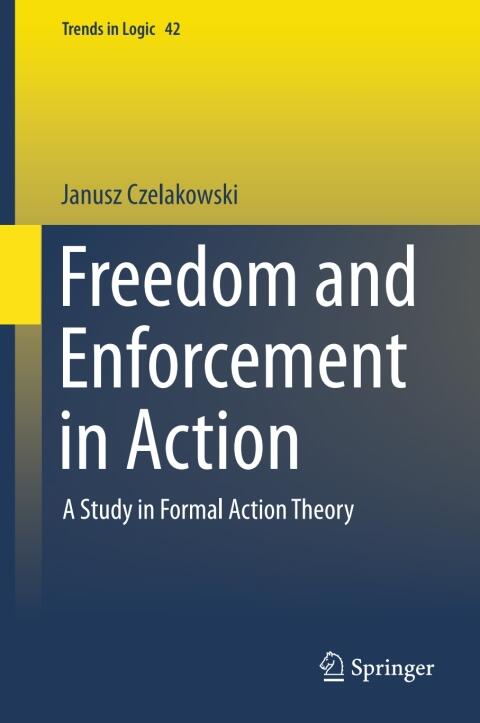
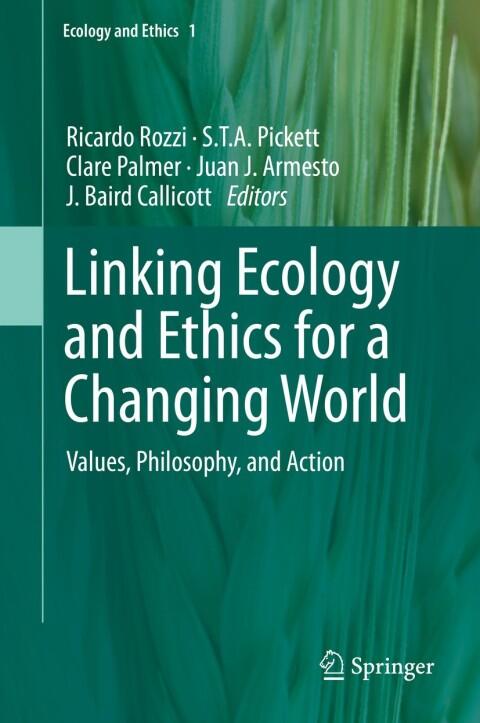
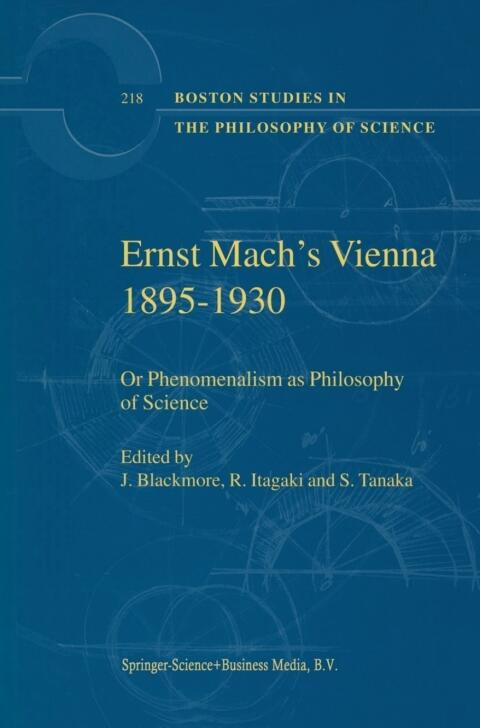
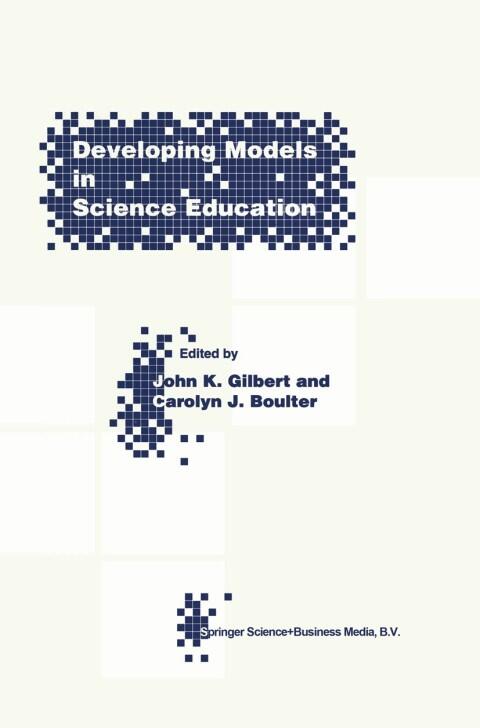
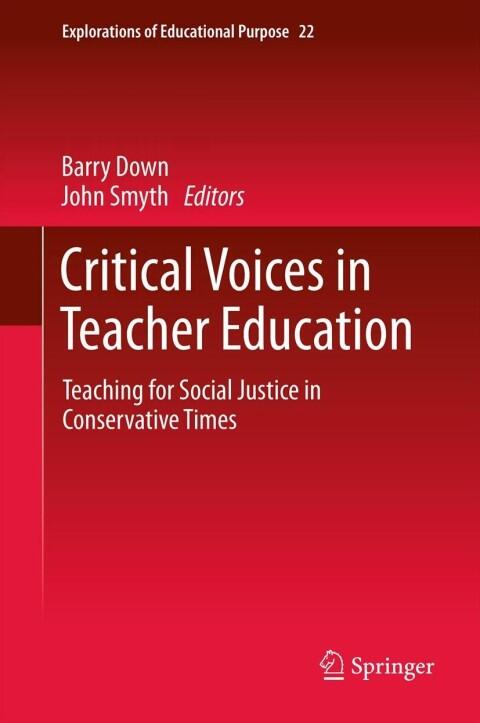
![[Ethical Principles and Economic Transformation - A Buddhist Approach (Issues in Business Ethics)] [Author: x] [May, 2011]](https://images.bookpine.com/bd815e9c-ead9-4e64-bfb5-aea659b2460b.jpg)
